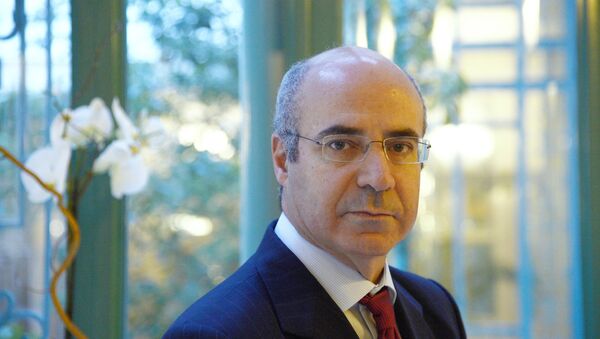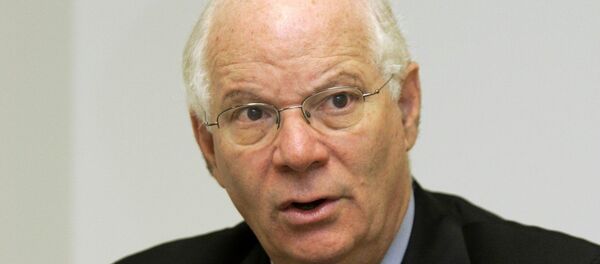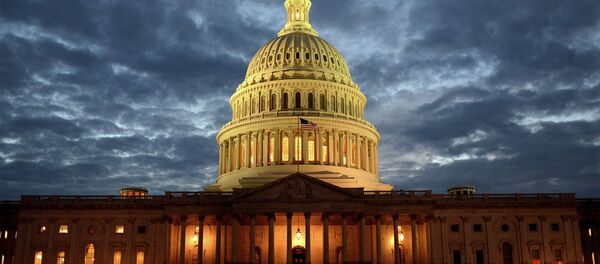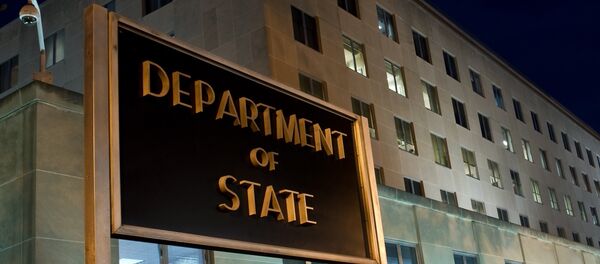What was unusual about the case in Moscow was that one defendant, William Browder, was in London when he was tried in absentia, while the other defendant, Sergei Magnitsky, was dead. The Russian authorities had sought Browder’s arrest and extradition so that he could attend the trial in Moscow. However, the British authorities refused this request, arguing that the case was political in nature.
What is unusual about the case in London is that even though it is supposed to be a judicial investigation of Litvinenko’s murder, it is not formally a trial because the two individuals the British authorities say murdered Litvinenko — Andrei Lugovoi and Dmitry Kovtun — are in Moscow. The British authorities have sought their extradition so that the men can stand trial in London, but the Russian authorities have denied this request, saying the granting of such a request would contradict the Russian Constitution and that the request itself is unsubstantiated.
Although the cases in Moscow and London are being called different things – the tax evasion case in Russia was called a trial and the murder in the UK was called a public inquiry — the declared objectives in both of them are the same: to establish the truth (and by extension the guilt or innocence of the accused parties). Although the case in London is not formally a trial, it is being conducted like one and everyone expects that it will end with the two Russian men being declared guilty or innocent.
In both instances, the authorities in Moscow and London hesitated for a long time before proceeding this way.
Investigations into Browder’s companies began in Moscow as early as 2005, when Browder was denied entry to Russia after being refused a visa. Magnitsky was arrested in 2008 and died in custody 11 months later. However, the case only made it to court in 2013 and only after the US Congress passed an extraordinary law purporting to punish various individuals it said were guilty of causing Magnitsky’s death, making it essential for the Russian authorities to establish what had actually happened, according to their own legal procedures.
Litvinenko died in London in 2006. Attempts to hold an inquest into the circumstances of his death proved unsuccessful because of the reluctance of the British authorities to make the evidence they had public. In the end, the coroner in charge of the inquest, Sir Robert Owen, proposed that the inquest be converted into a public inquiry, which would hear that evidence in secret. The British authorities initially refused, but over the course of 2014 changed their minds following criticism of their decision by the British judiciary.
The hesitancy of the authorities in both countries to conduct such proceedings in such an unusual manner is understandable. A trial – by any name – that is conducted in the absence of the defendants is always a problematic affair.
There is, however, one key difference between the ways the two cases have proceeded in the two countries.
The trial in Moscow was conducted in public, with all the evidence made public and also made available for examination to Browder, to Magnitsky’s family and to their lawyers, both their own lawyers and the lawyers the Russian authorities eventually instructed to represent them in the case when they refused to participate in it. The evidence could therefore be publicly examined and challenged at the trial. Anyone interested, who is prepared to go through the trial transcripts, can find out what the evidence the Russian authorities say they have against Browder and Magnitsky, which caused them to be found guilty at the end of the trial.
The inquiry in London is partly being conducted in secret, with key evidence in the case being provided to the judge alone and not to the two men (Lugovoi and Kovtun) who the British authorities say murdered Litvinenko or to the Russian authorities, whom the British authorities have all but publicly accused of complicity in the murder. Since they are in effect being tried in part on evidence they cannot see and are being denied access to, Lugovoi, Kovtun and the Russian authorities have, understandably enough, refused to participate in the inquiry. Since they are not participating and since the format is that of a public inquiry and not a trial, there are no lawyers in the inquiry appointed either by them or by the British authorities to represent their interests.
Though the similarities between the two cases are very strong, no one in Britain has reported them that way. The trial of Browder and Magnitsky was treated with universal ridicule and criticism, with much mockery in the British media of a legal process conducted despite the absence of one defendant and the death of the other. The public inquiry into Litvinenko’s death, however, has met with no criticism at all; in fact, the British media were previously united in their criticism of the British government’s refusal to hold it. The unfairness and partiality of the trial in Moscow is taken for granted. The fairness and impartiality of the, in essence, very similar public inquiry in London is simply assumed.
In fact, a strong case can be made that it is the procedure in London that is inherently less fair. Not only are the defendants absent, as in the Moscow case, but lawyers haven't been appointed to represent them and the key evidence the inquiry will use to arrive at its conclusions is being kept secret. Additionally, since the event is formally a public inquiry rather than a trial, the defendants have no means to dispute its conclusions when they are finally made. This is so even if Lugovoi and Kovtun decide to return to London one day to request a trial. By contrast, since what took place in Moscow was formally a trial, Browder is at liberty to appeal the court’s judgment from London or to come to Moscow himself to demand a retrial, in which case the judgment of the earlier trial will be automatically set aside so that a new trial can take place.
To get a sense of how unfair the procedure in London potentially is, it is only necessary to observe how the British media are reporting it. With no defendants present and with no lawyers representing them, articles are already appearing in the British media that treat the defendants’ guilt as an all but proven fact; they are demanding action, long before the inquiry has finished its work or come to any conclusions! At the same time, strategically-placed articles are appearing in the British media, purporting to reveal what the secret evidence is, even though we will never know for sure how accurate these descriptions of the secret evidence are, or how strong this evidence is.
What I have just written will inevitably provoke annoyance on the part of some people who will be offended that I should place (as they will see it) the British judiciary on the same level as the Russian court system and undoubtedly accuse me of indulging in what they call “whataboutism."
As to the first, I am not prejudging the inquiry in London before it has made any decisions and that is not my purpose. I have no firm views on the Litvinenko case or how Litvinenko died, and I have never at any time had any since I do not think enough evidence exists or has been made public so far to allow any firm conclusions to be reached in what is a very tangled affair. Perhaps the inquiry in London, despite all the concerns I have expressed here, will make it possible to reach a firm conclusion and to obtain closure (although, given the political dimensions of the case, I think that is rather unlikely). My only observation about the Litvinenko affair is the same one I have made from the outset following his death in 2006: he has received a fantastically disproportionate amount of attention, given the sort of things that are going on in the world — including in Britain.
As for the second, it seems to me entirely proper to point out that legal procedures that are roundly criticized when they happen in Moscow differ little in their substance from legal procedures that receive praise when they happen in London. It is not relativism to point this out or to suggest that the criticism of the one or the praise of the other may in that case be misplaced.
The views expressed in this article are solely those of the author and do not reflect the official position of Sputnik.





